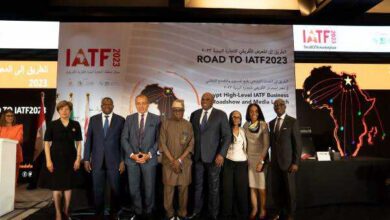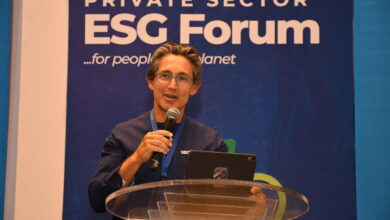FAO canvasses inclusive, innovative water approach

By JOHNMARK UKOKO
Food and Agriculture Organisation (FAO) has canvassed an inclusive, integrated, and innovative approach to water scarcity.
Director-General of the FAO, Dongyu Qu, stressed that the world was in dire need of such a strategy to address the issue which already threatens the world.
Lamenting that as many as 3.2 billion people were living in vulnerable rural communities, he said: “We need solutions that will tackle both the socioeconomic and environmental dimensions of the interlinked problems of poverty, food, water, and climate.”
In a video message to a roundtable at the ninth World Water Forum (WWF) in Dakar, Senegal, he said the forum was the world’s largest event on water for rural development, The Trumpet gathered.
Minister of Hydraulic and Sanitation, Republic of Niger, Adamou Mahaman Executive Secretary of the Ninth World Water Forum, Abdoulaye Sene and other top dignitaries, attended the event, which lasted from Monday, March 21, 2022 to Saturday, March 26, 2022.
Read Also: Indian docked by EFCC over N70m dud cheque
According to the FAO, latest report showed that the state of land and water resources for food and agriculture, exacerbated by water scarcity and water pollution, were stretching key agriculture and food systems globally to a breaking point. “In much of the Africa continent, water availability is low to the extent that many communities don’t have enough of it to grow food or meet the demand from other sectors of their economies. “In all, 2.3 billion people already live in water-stressed communities with over 733 million of them, translating to about 10 per cent of the global population living in countries with high and critical water stress,” it stated.
The FAO further revealed that an even number of people living in agricultural areas, 3.2 billion were threatened by the risks water scarcity poses to global food security and sustainable development.
These are often the most vulnerable, smallholders and family farmers, who see their cattle and other livestock die from thirst or the fisher folks, who see their fishing grounds degraded and shrinking.
“We need to recorgnise land and water rights of smallholder farmers, youth and indigenous people and increase transparency and participation in resources management,” it added.




